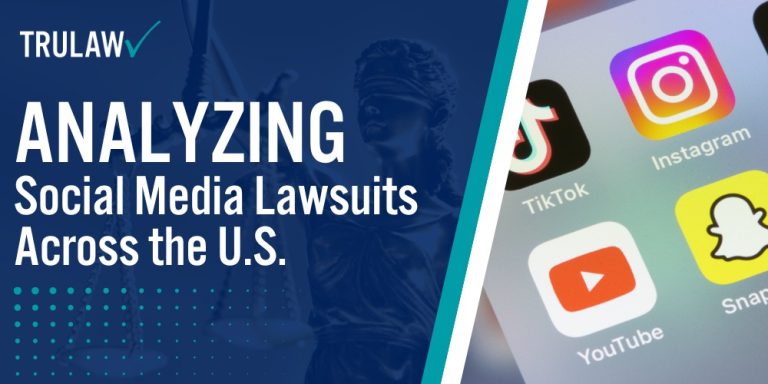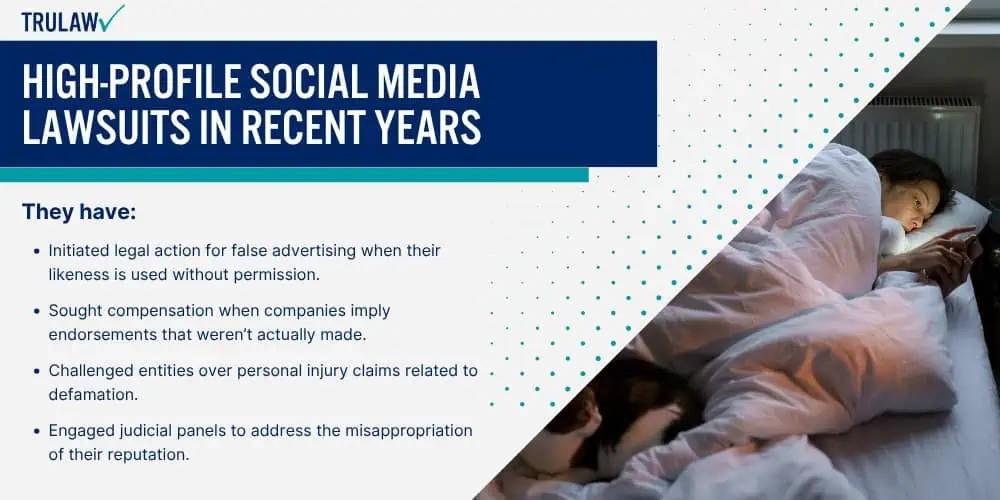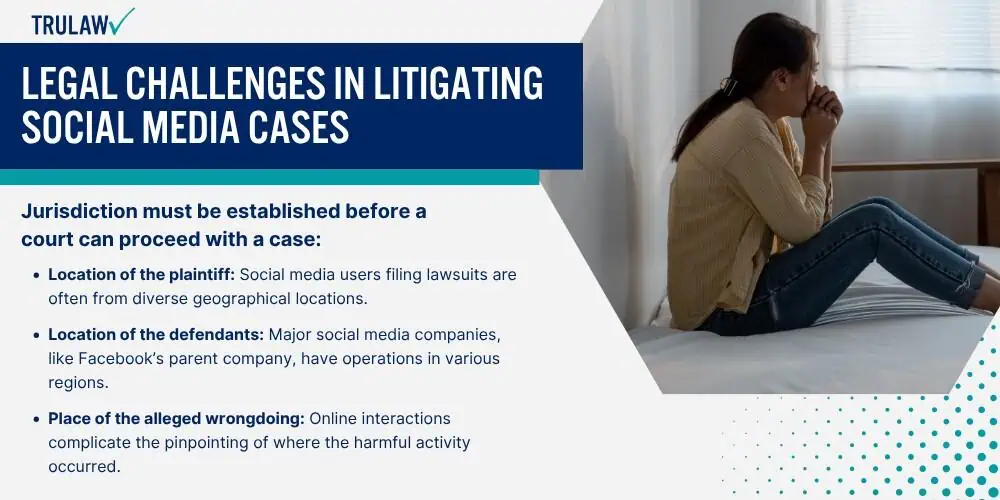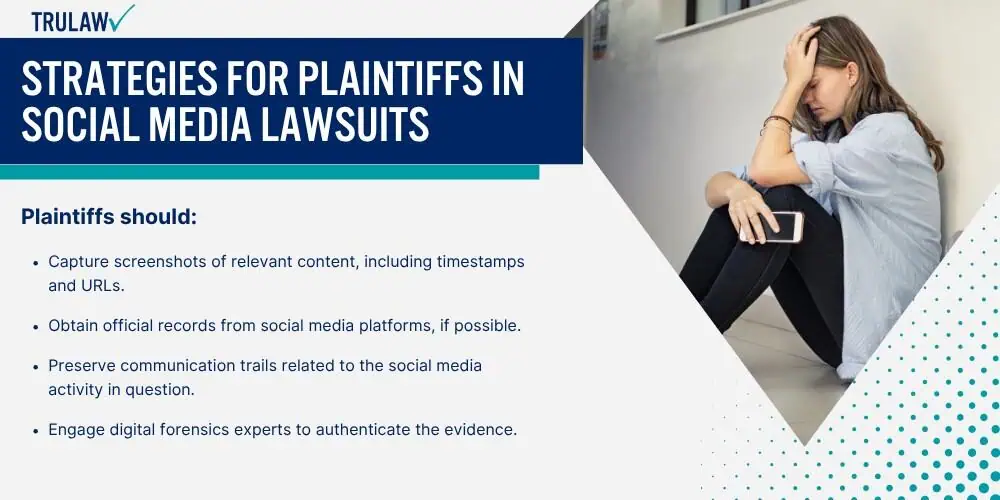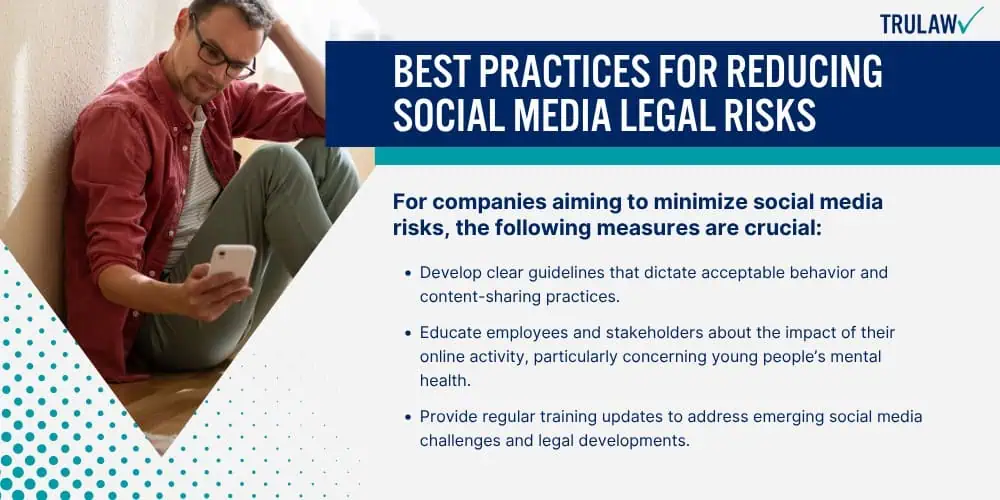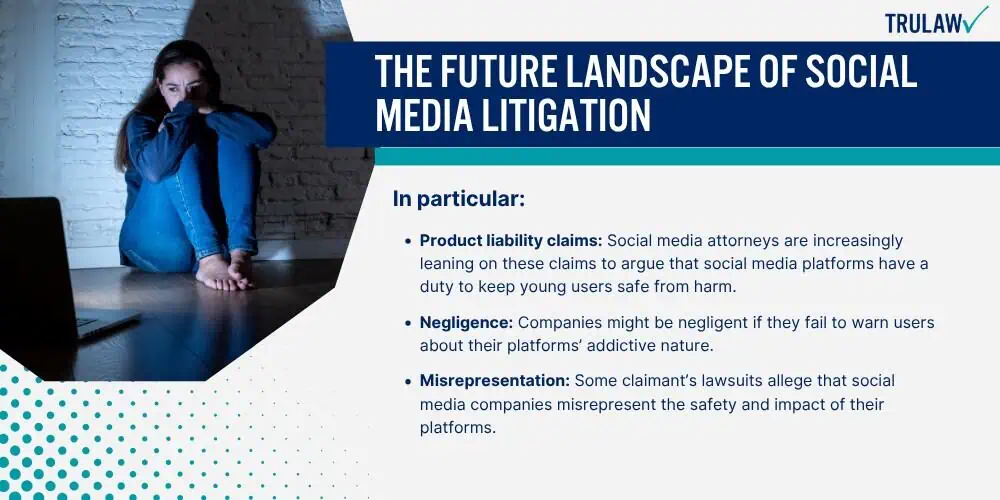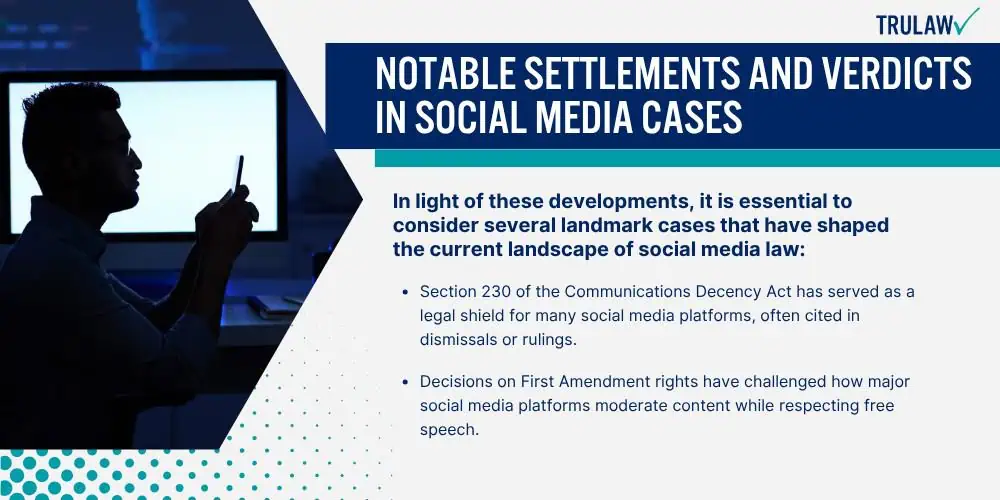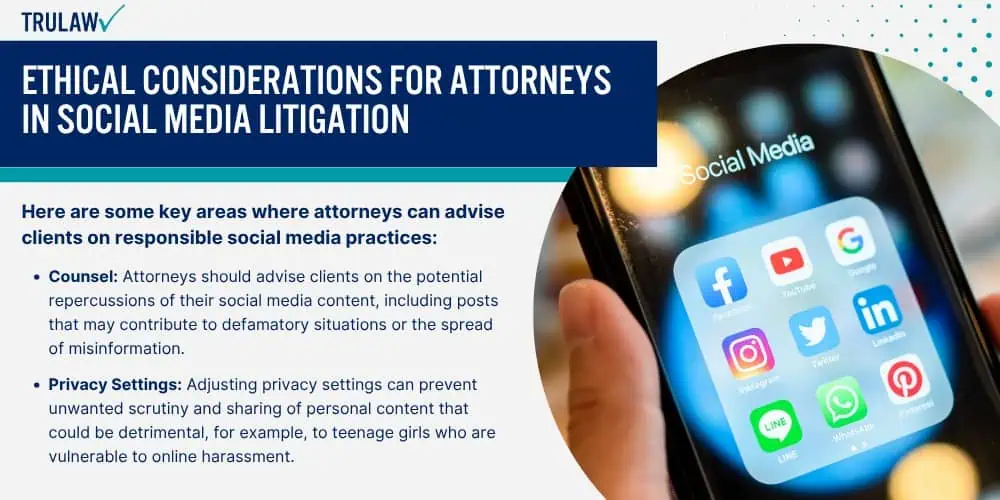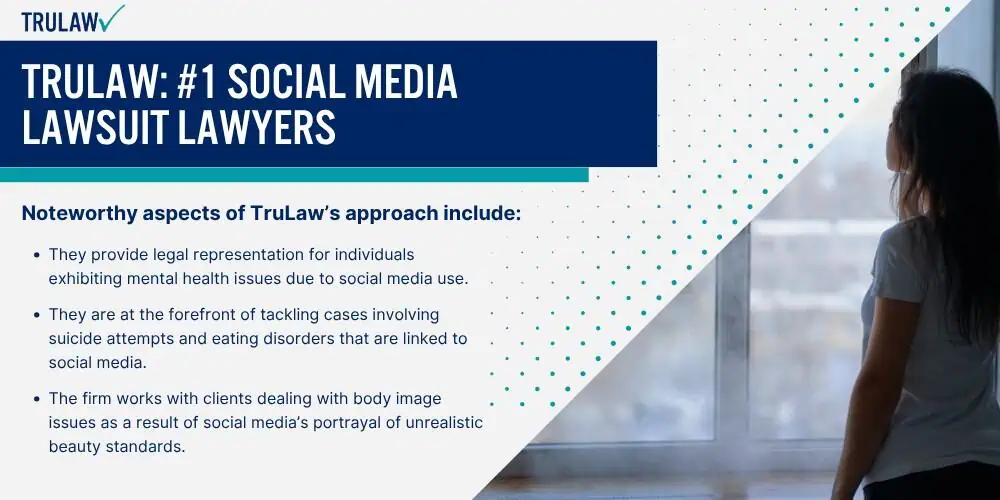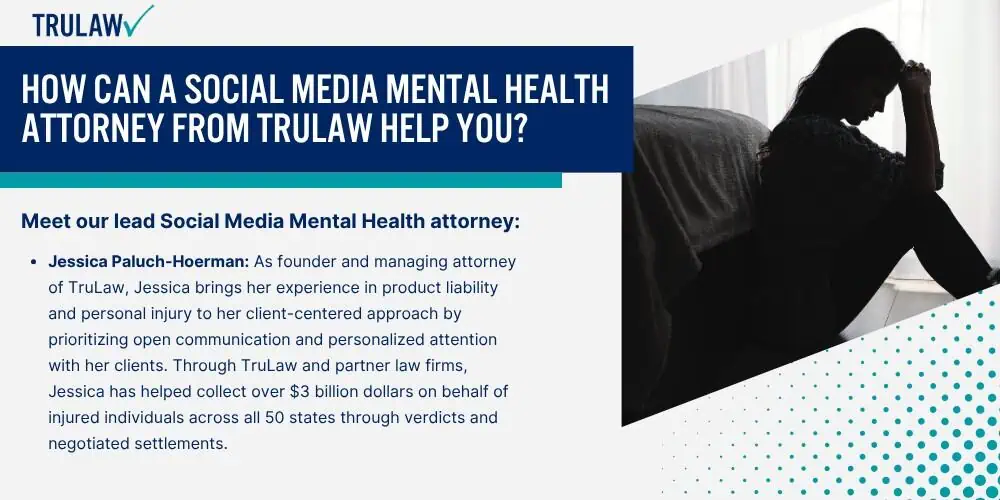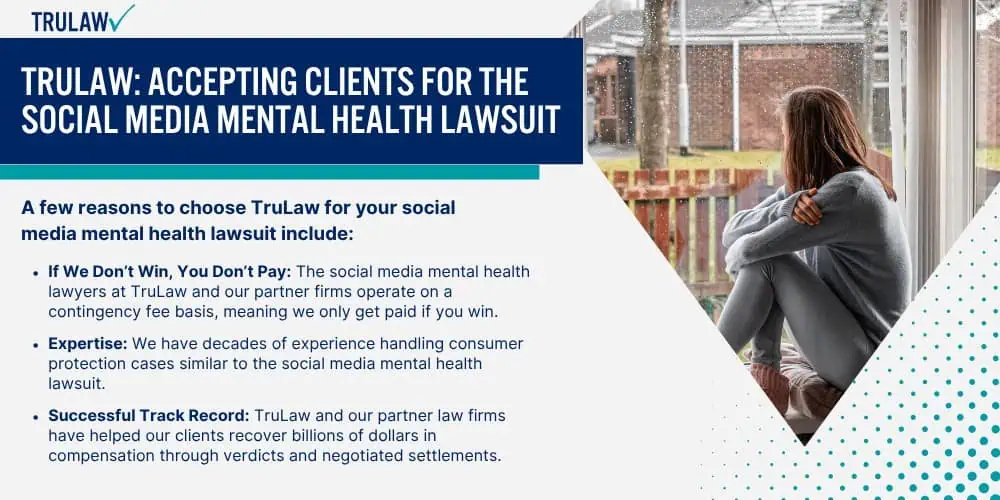The legal landscape of social media is rapidly evolving as users and legal professionals grapple with the challenges these platforms present.
Claims range from personal reputation damage to large-scale data privacy breaches.
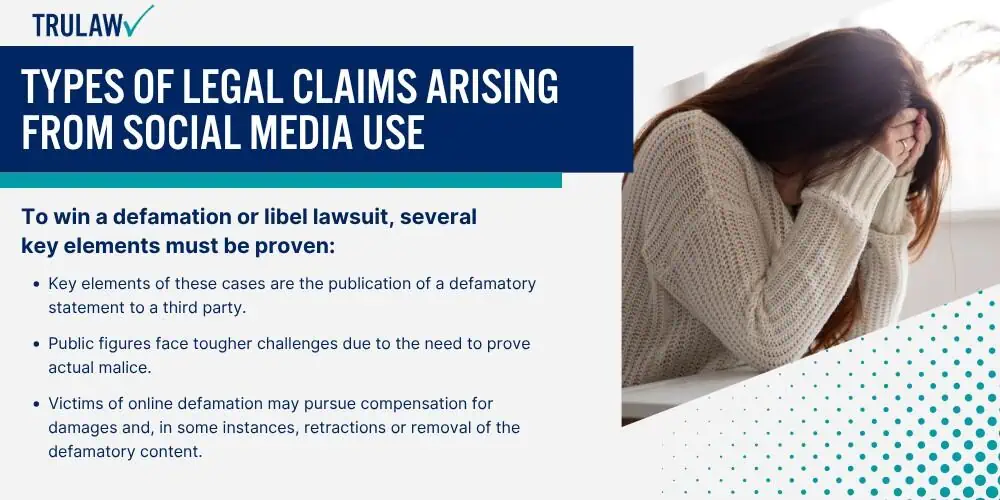
Defamation and Libel Lawsuits on Social Platforms
Defamation claims arise when a false statement is made on social media and results in harm to someone’s reputation.
Similarly, libel involves publishing such statements in written form, including online.
To win a defamation or libel lawsuit, several key elements must be proven:
- Key elements of these cases are the publication of a defamatory statement to a third party, falsity, harm, and lack of lawful defense.
- Public figures face tougher challenges due to the need to prove actual malice.
- Victims of online defamation may pursue compensation for damages and, in some instances, retractions or removal of the defamatory content.
- Free case review services often help to assess the viability of such lawsuits.
Intellectual Property Infringement in Social Media Posts
Intellectual property (IP) lawsuits on social media pertain to unauthorized use of copyrighted materials, trademarks, or trade secrets.
Here’s how social media posts can infringe on intellectual property:
- Infringement can result from sharing copyrighted images, videos, text, or music without permission.
- Creators can seek injunctions, monetary damages, and, potentially, profits made from the unauthorized use.
- The defense might involve fair use or obtaining a license post-factum.
- Meta and other social media platforms often implement automated systems to detect and prevent IP infringement.
Privacy Violations and Data Breaches by Social Networks
Privacy violations and data breaches encompass the unauthorized use of a user’s personal information or failure to protect user data.
Here are some of the ways social networks can be involved in privacy violations and data breaches:
- Personal information might be collected, shared, or sold without explicit consent.
- Cases may focus on data breaches where user information was compromised due to inadequate security measures.
- A class action lawsuit may occur when multiple users are affected by the same violation.
- Companies often face hefty penalties for not adhering to data protection laws and regulations.
The implications of these claims are of great significance to individuals and the operation and regulation of social media platforms.
